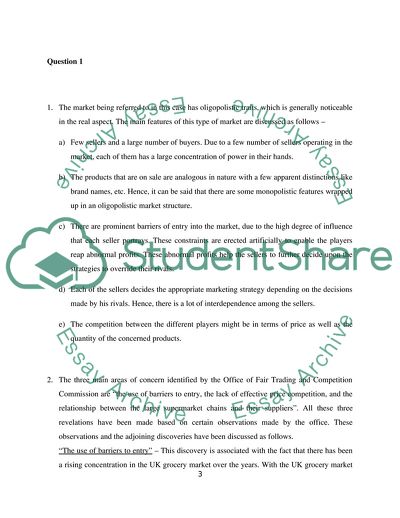Cite this document
(The Factors Responsible for the Economic Downturn in the UK Assignment, n.d.)
The Factors Responsible for the Economic Downturn in the UK Assignment. https://studentshare.org/macro-microeconomics/1731771-economics-second-assesment
The Factors Responsible for the Economic Downturn in the UK Assignment. https://studentshare.org/macro-microeconomics/1731771-economics-second-assesment
(The Factors Responsible for the Economic Downturn in the UK Assignment)
The Factors Responsible for the Economic Downturn in the UK Assignment. https://studentshare.org/macro-microeconomics/1731771-economics-second-assesment.
The Factors Responsible for the Economic Downturn in the UK Assignment. https://studentshare.org/macro-microeconomics/1731771-economics-second-assesment.
“The Factors Responsible for the Economic Downturn in the UK Assignment”. https://studentshare.org/macro-microeconomics/1731771-economics-second-assesment.


